Understanding Addiction in Jacksonville, FL
Jacksonville, Florida, is one of the largest cities in the United States, with a population exceeding 950,000. As a major metropolitan hub, Jacksonville faces significant issues related to substance abuse and addiction. The city’s location along major transportation routes contributes to the availability of illicit drugs, making addiction a widespread problem.
The opioid epidemic continues to be a major concern in Jacksonville, with fentanyl and heroin-related overdoses on the rise. In addition, methamphetamine, cocaine, and alcohol abuse remain persistent challenges within the community. The stressors of urban living, economic disparities, and high crime rates in certain areas contribute to substance use disorders (SUDs), making it essential to address the root causes of addiction through comprehensive treatment options.
Barriers to Accessing Addiction Treatment in Jacksonville
Despite the growing need for addiction treatment in Jacksonville, many residents face significant barriers to accessing care. These barriers include:
1. Financial Constraints: The cost of addiction treatment can be overwhelming, particularly for those without insurance. While Medicaid and private insurance plans cover some treatment options, high deductibles and co-pays may deter individuals from seeking help.
2. Limited Availability of Treatment Centers: Jacksonville has a limited number of inpatient and long-term rehab facilities, leading to long waitlists. This delay can be detrimental for those in crisis who need immediate intervention.
3. Stigma and Fear of Judgment: Many individuals struggling with addiction fear social stigma, making them hesitant to seek help. Cultural and societal pressures can make it difficult for people to admit they need professional assistance.
4. Lack of Transportation: Reliable transportation can be a challenge for individuals seeking treatment, particularly for those living in low-income areas or without access to a vehicle. Public transportation may not always be convenient for reaching treatment centers.
5. Mental Health and Co-Occurring Disorders: Many people with substance use disorders also struggle with underlying mental health issues such as depression, anxiety, and PTSD. Unfortunately, not all addiction treatment centers in Jacksonville offer integrated care for dual diagnosis patients.
The Benefits of Seeking Treatment Outside of Jacksonville
While Jacksonville offers some addiction treatment resources, many individuals find that leaving the city for treatment provides a fresh start and fewer distractions. Lake City, located about an hour west of Jacksonville, provides an ideal setting for recovery. Here’s why:
1. A Peaceful, Supportive Environment: Lake City offers a more serene setting away from the triggers and stressors of Jacksonville’s urban landscape. The slower pace of life allows individuals to focus entirely on their recovery without external pressures.
2. Comprehensive, Personalized Treatment: Many treatment centers in Lake City offer a holistic approach to addiction recovery, including medical detox, individual therapy, group therapy, and aftercare planning. The personalized care ensures that each patient’s unique needs are met.
3. Greater Availability of Treatment Options: Since treatment centers in smaller cities like Lake City serve fewer people than those in larger metropolitan areas, patients often experience shorter wait times and more personalized attention.
4. Strong Support Network and Community Integration: A fresh environment allows individuals to develop a new support network that is free from previous negative influences. Treatment centers in Lake City often emphasize community-based recovery and peer support, helping patients rebuild their lives.
Types of Addiction Treatment Available in Lake City
Individuals seeking addiction treatment in Lake City have access to a variety of care options, including:
1. Medical Detox: The first step in many addiction treatment programs, medical detox helps individuals safely withdraw from substances under medical supervision.
2. Inpatient Rehabilitation: Residential treatment programs provide a structured environment where patients receive 24/7 care, therapy, and support.
3. Outpatient Treatment Programs: Outpatient treatment allows individuals to receive therapy and counseling while maintaining daily responsibilities.
4. Medication-Assisted Treatment (MAT): MAT programs use FDA-approved medications such as Suboxone or Methadone to help individuals manage withdrawal symptoms and cravings.
5. Dual Diagnosis Treatment: For individuals struggling with co-occurring mental health disorders, dual diagnosis treatment integrates psychiatric care with addiction treatment.
6. Aftercare and Relapse Prevention: Recovery is an ongoing process, and aftercare programs provide continued support through sober living homes, alumni programs, and therapy.
Addiction is a significant issue in Jacksonville, but many barriers prevent individuals from accessing the care they need. Seeking treatment in Lake City provides a fresh start, offering a peaceful environment, personalized care, and a strong support network. By taking the step to seek treatment outside of Jacksonville, individuals can break free from the cycle of addiction and build a healthier, more fulfilling life.
If you or a loved one is struggling with addiction, consider exploring treatment options in Lake City. Help is available, and a new beginning is within reach.



